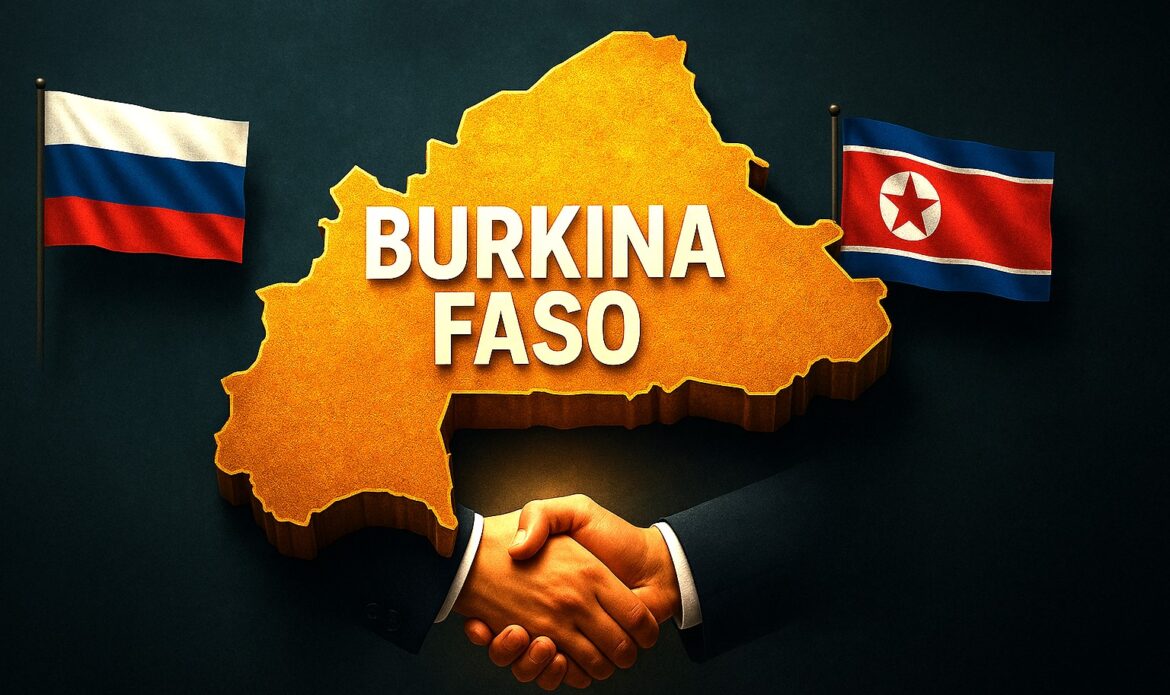Captain Ibrahim Traore came to power through a coup in September 2022 in circumstances reminiscent of the country becoming a banana republic, having gone through the rigours of a previous coup just a few months earlier in January of the same year. According to Traore, the coup became necessary because the security situation had worsened under the leadership of Paul-Henri Sandaogo Damiba, who led the earlier coup. Deaths caused by Islamic militants nearly tripled during this period compared to the 18 months before the January 2022 coup.
The inability of the previous administration to effectively combat terrorism and restore the country’s territorial integrity was a significant factor that led to the coup. The previous administration also faced criticism for the slow progress in implementing reforms and combating corruption. However, some anti-corruption efforts had been made, such as the arrest and sentencing of former transport Minister Vincent Dabilgou for embezzlement and money laundering, but they felt that a lot more still needed to be done.
Following the coup in Niger Republic in 2023 and the perceived aggression of some Western countries who tried to instigate the Economic Community of West African States (ECOWAS) to restore power through military intervention to the toppled civilian administration in Niger Republic, the military governments of Mali, Niger, and Burkina Faso pulled out of ECOWAS and established the “Alliance of Sahel States” to create a mutual defence pact and advance economic integration among the three members countries.
The member countries also took several steps to cut themselves off the apron strings of France, their former colonial master, who up till then was still firmly in charge of the economy of these countries while forging closer ties with Russia for security and economic reasons. These actions also put a major spotlight on France as it exposed how France had continued to exploit the economies of its former colonies in Africa and imposed its stooges as leaders of these countries. This struggle to free Burkina Faso from the grips of its former colonial master is perhaps what elicited global sympathy and support for Burkina Faso, even though it’s being led by an unelected military government.
Captain Ibrahim Traoré’s strategy is to focus on economic autonomy to reduce reliance on foreign aid and harness internal resources. This model is based on leveraging internal resources, and it has enabled his government to prioritise agriculture. Agriculture is now at the core of economic priorities, with dedicated funding and increased production capacity. The result is that nearly six million tonnes of cereal were harvested in 2024.
Captain Ibrahim Traore has since assumed the image of an “African Messiah” who is leading the battle for the emancipation of Africa against Western imperialists. Apart from street protests in his support across several cities across the world, including Ouagadougou, London, Accra, and Montego Bay, there are dozens of social media memes of Traore leading fictional armies to topple Western empires, which have gone viral. These curated images are now central to the rapidly evolving online movement that fuses anti-imperialism, youth frustration, and pan-African aspiration.
This populist narrative may also have informed the world rallying behind Captain Ibrahim Traoré, the transitional president of Burkina Faso, to address the country’s economic challenges and free the country from the clutches of Western domination. Despite facing significant hurdles, including a complex security situation and substantial development needs, Burkina Faso is receiving support from international organizations and countries to boost its economy and improve living standards.
Burkina Faso’s economy is primarily driven by agriculture and mining, particularly gold production. The country’s GDP growth was estimated at 4% in 2024, with services and agriculture being the main contributors. However, the secondary sector, including gold production, has been negatively impacted due to security and logistical challenges.
The World Bank is also playing a crucial role in supporting Burkina Faso’s development through various projects. Some key initiatives include the Higher Education Support Project, which has enabled 7,959 students to enrol in undergraduate programs and 35,549 students to receive subsidized laptops. The Water Supply and Sanitation Program, also sponsored by the World Bank, has provided access to safe drinking water for over 829,000 people and improved sanitation facilities for more than 406,800 individuals.
The Regional Support Project for the Sahel Irrigation Initiative has developed or rehabilitated 1,800 hectares of land, benefiting over 21,062 people directly, while the Electricity Sector Support Project has contributed to the construction of a 7.5 MW thermal power plant, electrification of 40 communities, and installation of solar lamps in 400 schools.
The World Bank Group has been working closely with other development partners, including the European Union, the International Monetary Fund, the African Development Bank, and bilateral partners, to support Burkina Faso’s development. The “Alliance of Sahel States”, launched in 2023, brings together three countries with similar challenges to deliver a coordinated response to these challenges.
Overall, the international community is committed to supporting Burkina Faso’s economic development and addressing the complex challenges faced by the country. With sustained support and cooperation, Burkina Faso can work towards a more stable and prosperous future.
Oshobi, a development economist, management consultant, and author, writes from Lagos, Nigeria.

